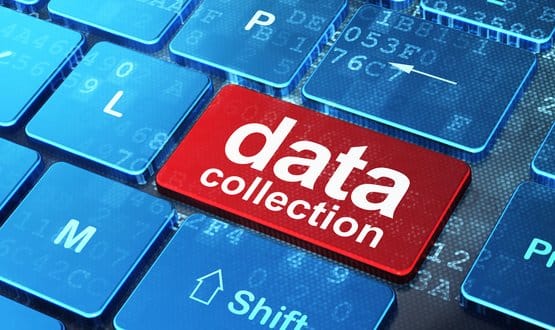National data opt-out programme comes into force
- 25 May 2018

The national data opt-out programme has been launched, with a view to allowing people to choose how their health data is used for research and planning.
The national data opt-out replaces the previous ‘type 2’ opt-out. This allowed patients to tell NHS Digital they did not want their data shared for purposes other than their direct care.
NHS Digital has confirmed that any person with an existing type 2 opt-out will have it automatically converted to a national data opt-out from today and will shortly receive a letter giving them more information and a leaflet explaining the new system.
Initially, the opt-out programme only covers data held by NHS Digital. But all other organisations that use health and care information are due to comply by March 2020.
According to the NHS Choices website, those wishing to manage their preferences need to visit the ‘Your NHS Data Matters’ website.
In a seemingly longwinded process, people are required to submit their name, date of birth, postcode and NHS number.
They are then sent a one-time verification code which will give them access to manage their preferences online.
On a national level, NHS England is also planning to work with the Information Commissioners Office on a joint ‘your data matters’ public campaign with the aim of promoting public trust and reassurance.
The campaign is due to last six weeks with an initial focus on the General Data Protection Regulation (GDPR) and then, from early June, a specific focus on the national data opt-out.
This will include include commercial radio, national and website advertising.
Simon Eccles, CCIO for Health and Care, said: “This campaign will highlight to the public how the health and care system uses their data, safely and securely, to improve the care they receive, plan services and research new treatments and to tell the public ‘their data matters to the NHS’.”
The launch of the programme follows the controversial care.data programme, which was launched in 2012.
The project aimed to expand the Hospital Episode Statistics (HES) database – which contains details of all admissions, A&E attendances and outpatient appointments at NHS hospitals in England – by linking it to other data sets, starting with GP data.
However it was quickly met with heavy criticism for confusion over what the data would be used for and how patients could opt out.
While NHS England attempted to run a public information campaign in January 2014, the campaign was criticised by clinicians for sending out a ‘junk mail’ leaflet that failed to mention the project by name, or include an opt-out form.
The project was eventually dropped in July 2016 following the release of Dame Fiona Caldicott’s report on security and information governance in the NHS.






4 Comments
From 25 May 2018, NHS Digital supposedly cannot use a patient’s data for purposes beyond direct care, that is, for secondary uses, if the patient has opted out. If, however such a patient objects to a hospital submitting their data to the Secondary Uses Service (SUS) (ie NHS Digital), under Article 21 of the GDPR, they will be told that their objection cannot be upheld because the hospital(s) have a statutory obligation to submit SUS data (from which HES data are derived). How exactly is there a compelling case for submitting patient data to the Secondary Uses Service, as required by Article 21 of the GDPR before an objection to processing can be overridden, when the data cannot be employed for secondary uses, because the patient has opted out? Plus ça change, plus c’est la même chose.
I think the vast majority of people in the UK want a NATIONAL health service.
Some points to bear in mind:
1. Should operational and financial accountability and responsibility be local or national ?
2. The reality is the demographics in this country are very different depending on the postcode where you live
3. DATA crosses all boundaries (demographic and geographic) therefore shouldn’t accountability and responsibility for ensuring that, with regard to data, all are treated equally be at a national level ?
4. If you agree with the above (point 3.) then does that not mean that, with regard to data and in particular giving people equal access to their data, far more needs to be being done and not just talked about at the national level ?
What I think is needed now is a national program for people’s health data (NPfPHD), this should not be delegated to the front line, the care providers, the Trusts, are far too busy caring for people.
this is NOT Back&White, in twenty18 PEOPLE should be able to choose what DATA they wish to share with which organisations, put your back into IT and not just your vocal chords !
I would say that the rules need to be determined at a national level – with a great deal more integrity and less duplicity than anything we have seen to date, but the control of data, according to these rules, needs to remain with the healthcare providers to whom we have entrusted our confidential information. The whole problem with the current system is that it is controlled by people who absolutely cannot be trusted and who see personal confidential data as a commodity they are free to use to stimulate the digital economy, or indeed in any way they please.
Comments are closed.